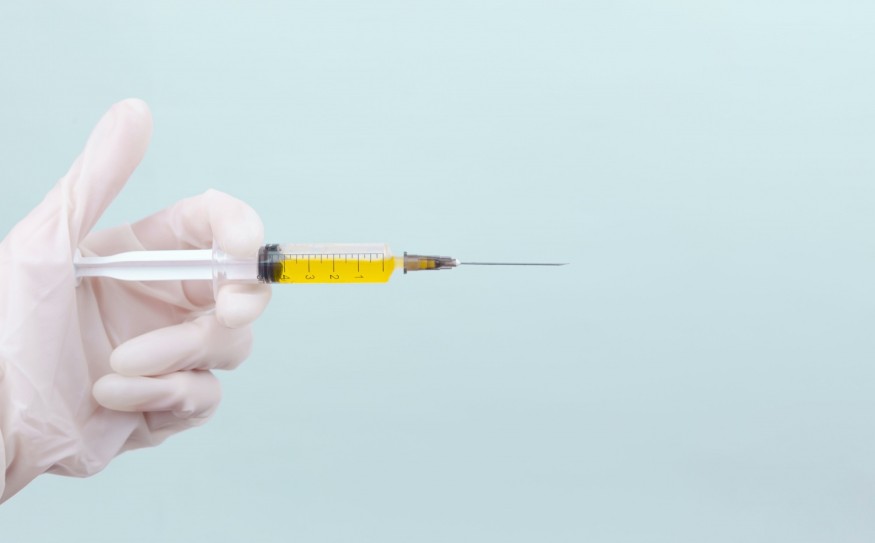Scientists have been trying to develop cancer vaccines for almost three decades. Vaccines for cancer have been an essential part of cancer research. It comes in many forms, including those target proteins expressed in many cancer types and personalized cancer vaccines based on individual tumors.
A groundbreaking personalized cancer vaccine that uses the same technology as Oxford-AstraZeneca's COVID-19 vaccine has shown promising results from the initial clinical trial.

'Really Hopeful Results' of Personalized Cancer Vaccine Trial
Preliminary clinical trial results from The Clatterbridge Cancer Center reveal that none of the eight cancer patients who received the personalized vaccine relapsed even after many months, Sky News reported. On the other hand, two of the eight participants who did not receive the vaccine experienced a relapse.
The numbers may be too small to draw firm statistical conclusions, but the center's consultant medical oncologist Professor Christian Ottensmeier told the news outlet that he is cautiously optimistic and hopeful regarding the data. Another clinical trial with the same cancer vaccine is also ongoing in France and the US, showing promising results.
The vaccine called TG4050 is manufactured by French company Transgene using the same viral vector strategy as what AstraZeneca utilized in its COVID-19 vaccine. Professor Adrian Hill said that the pandemic has helped and accelerated the development of a range of new vaccines.
There are 30 patients in the trial for head and neck cancer in which 50% were given the vaccine after receiving the conventional treatment, while the other half would only receive it if they relapse.
They cut DNA from the patient's tumor and then paste it into a harmless virus to train the immune system to watch out for cancer cells and destroy them early before becoming a lump.
Training the immune system to recognize cancer could lead to long-term survival chances for patients. Clinicians are optimistic about the vaccine because it is personalized to the person's cancer. They noted that cancer mutation is unique in every patient and making a vaccine specifically designed for them should be more effective at targeting rogue cells.
Challenges in Using Cancer Vaccines
According to Cancer.Net, making treatment vaccines for the disease is a lot challenging because cancer cells suppress the immune system from growing in the first place. That is why researchers use an adjuvant to improve the body's immune response.
Another reason is that cancer cells start appearing on healthy cells. Due to this, cancer cells sometimes do not look too harmful to the immune system and may ignore them instead of fighting them.
Third, more advanced cancerous tumors are hard to eliminate using only a vaccine. It is one of the reasons that doctors often give cancer vaccines alongside conventional treatment.
Lastly, sick people and older ones have a weak immune system and their bodies have difficulty producing a strong immune response after receiving the vaccine. Also, some cancer treatments weaken the immune system limiting the effectiveness of the vaccine and how well the body responds to it.
These are just some of the considerations that researchers must consider to make cancer vaccines that work in smaller cancer tumors to prevent them from growing and advancing to late stages.
RELATED ARTICLE : Vaccines for COVID-19 Effective with Cancer Patients, New Study Shows
Check out more news and information on Cancer in Science Times.












